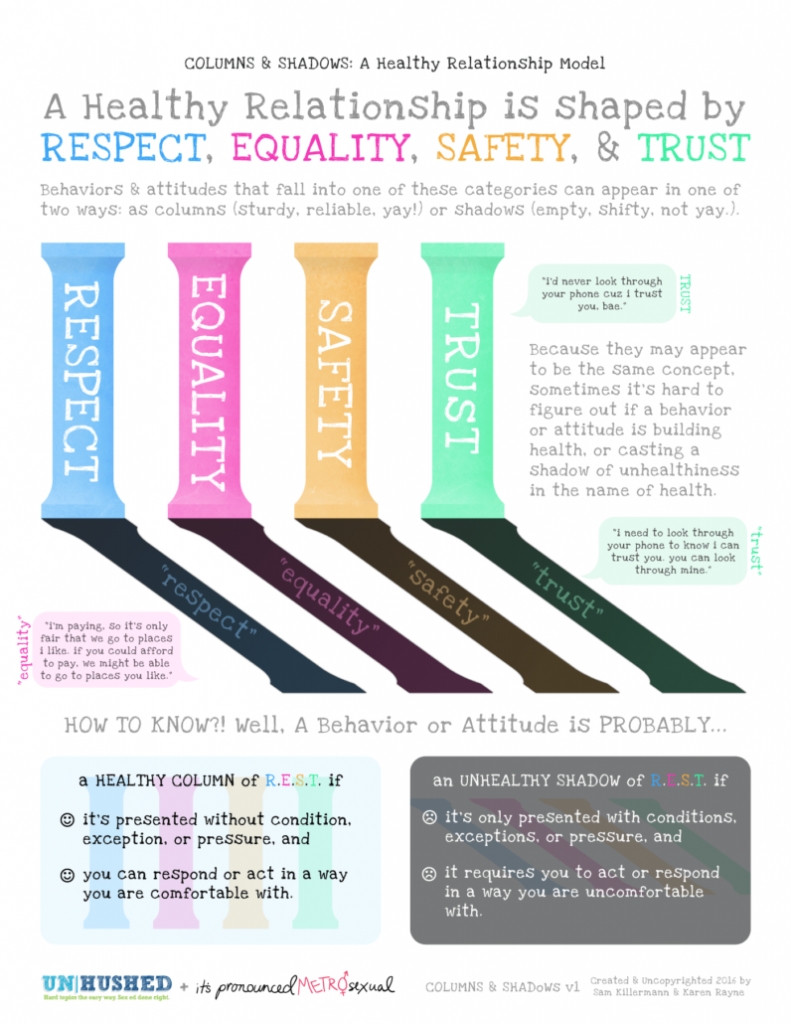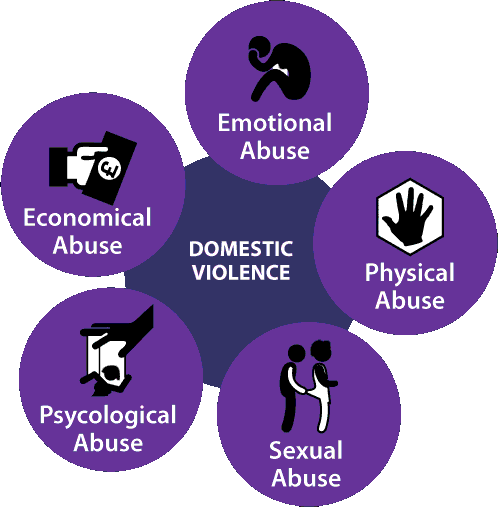As A Woman: Toxic Relationships (Trigger Warning)
Over the past few days, there have been several conversations about a self-proclaimed relationship expert having extramarital affairs. Many people watched in agony, as he and his wife did several public appearances and the wife appeared to look forced into being present, and even uncomfortable.
This article is not to discuss their situation, but to talk about the hundreds if not thousands of women who are being triggered emotionally by this story. For the sake of this article, she/her pronouns for the victim and he/him pronouns for the perpetrator are being used, but the abusive behavior that it details can happen to people of any gender or sexuality.
Victims of abusive relationships commonly mirror the behavior that is being displayed in interviews and videos of the aforementioned couple. A word that has repeatedly come across the internet has been, why? Why does she stay and subject herself to humiliation? Why didn’t she improve her appearance before public appearances? While we don’t know the situation happening in their home, we know that these are similar questions that women who are in abusive homes face often.

Why doesn’t she leave?
I’ve often wondered why so much pressure is on the victim in these situations and why the question isn’t, why doesn’t he stop abusing, but I digress. Let’s talk about a few of the common reasons women stay in abusive relationships.
- Leaving an abusive relationship is the most dangerous time for a woman. According to the National Domestic Hotline: Abusive relationships are extremely complex situations, and it takes a lot of courage to leave. Abuse is about power and control. When a survivor leaves their abusive relationship, they threaten the power and control their partner has established over the survivor’s agency, which may cause the partner to retaliate in harmful ways. As a result, leaving is often the most dangerous period for survivors of abuse.
- Some women lack self-worth and therefore believe they have to stay in the relationship.
- Many women have reported staying because their partner always had the “good side” that made them feel loved and adored. One woman stated, “I just want him to be the person he is when he is not abusing me, that person makes me feel like a queen, and it’s almost worth the abuse!”
- Lack of resources is another common reason women stay in abusive relationships. This is very common in relationships where the abuser has full control over the finances, monitors phone calls and messages, and has isolated the victim from their friends and family.
Commonly, women view the abuser as a good father to the children. Especially if a woman did not grow up with an example of a healthy relationship with her father. The idea of removing what seems to be a good father from her kid’s life may feel like she is being a negligent parent.
Regarding the questions about appearance that are being asked in the media, one thing to note is that if a person is in an abusive relationship and they are lacking self-worth, it’s hard to get dressed up if you don’t see yourself as beautiful. The tough part of asking these questions of the woman is that it can continue to victimize her, stripping her power away, which will only keep her a prisoner in her abusive relationship.
The temptation may be to continue to sensationalize the story in the media, make jokes about the appearances, and be relentless in personal attacks on the couple. Perhaps, a healthier option would be to educate ourselves on Domestic Violence, Toxic Relationships, and Intimate Partner Abuse. Learn the signs to look out for if you think someone you know is being abused. Find out how you can help them remain safe in whatever decision they choose to do about their situation.
Domestic Violence, Intimate Partner Abuse, Stalking, and Sexual Assault are very serious problems that millions of people face.

Please review these sobering statistics from the NCADV:
- On average, nearly 20 people per minute are physically abused by an intimate partner in the United States. During one year, this equates to over 10 million women and men.
- 1 in 4 women and 1 in 9 men experience severe intimate partner physical violence, intimate partner contact sexual violence, and/or intimate partner stalking with effects such as injury, fearfulness, post-traumatic stress disorder, use of victim services, contraction of sexually transmitted diseases, etc.2
- 1 in 3 women and 1 in 4 men have experienced physical violence by an intimate partner. This includes a range of behaviors (e.g. slapping, shoving, pushing) and sometimes might not be considered “domestic violence.”
- 1 in 7 women and 1 in 25 men have been injured by an intimate partner.
- 1 in 10 women has been raped by an intimate partner. Data is unavailable on male victims.
- 1 in 4 women and 1 in 7 men have been victims of severe physical violence (e.g. beating, burning, strangling) by an intimate partner in their lifetime.
- 1 in 7 women and 1 in 18 men have been stalked by an intimate partner during their lifetime to the point in which they felt very fearful or believed that they or someone close to them would be harmed or killed.1
- On a typical day, there are over 20,000 phone calls placed to domestic violence hotlines nationwide.9
- The presence of a gun in a domestic violence situation increases the risk of homicide by 500%.10
- Intimate partner violence accounts for 15% of all violent crimes.
- 1 in 5 women and 1 in 71 men in the United States have been raped in their lifetime.
- Almost half of female (46.7%) and male (44.9%) victims of rape in the United States were raped by an acquaintance. Of these, 45.4% of female rape victims and 29% of male rape victims were raped by an intimate partner.
- 19.3 million women and 5.1 million men in the United States have been stalked in their lifetime. 60.8% of female stalking victims and 43.5% of men reported being stalked by a current or former intimate partner.
- 72% of all murder-suicides involve an intimate partner; 94% of the victims of these murder-suicides are female.
If you would like more information about abuse, or you are concerned for the safety of yourself or a loved one, please contact the National Domestic Violence Hotline
As a Woman…is a weekly column discussing the unique challenges and solutions in health, wealth, finance, and relationships. If you would like to share in the conversation email, lharlem@pwperspective.



